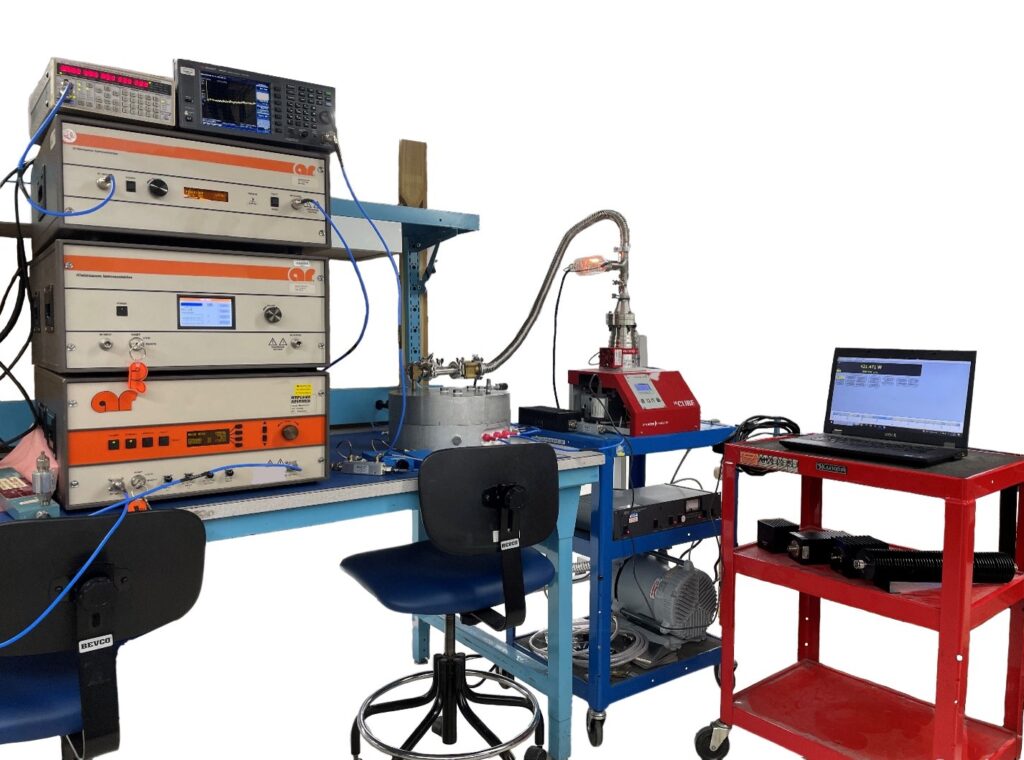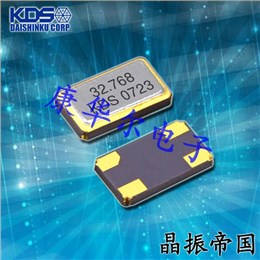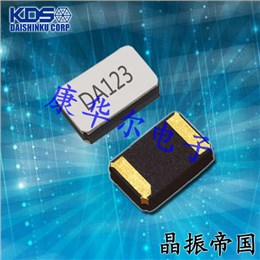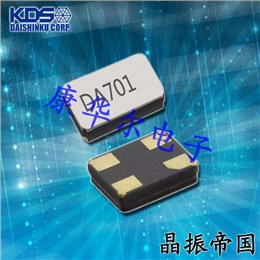遥遥领先MtronPTI高功率处理空间级组件
MtronPTI高功率处理空间级组件和子组件的设计和测试能力
MtronPTI麦特伦皮晶振在卫星平台和载人航天器方面赢得了超过125项设计。凭借支持LEO、MEO和GEO应用的专业知识,MtronPTI麦特伦皮晶振拥有一支经验丰富的团队,并有着满足苛刻空间要求的良好记录。
随着对高功率空间级发射机需求的不断增长,高功率处理空间级射频组件和子组件对任务的成功至关重要。由于多重作用等现象,在轨道卫星上使用的这些设备的性能与它们在海平面上的性能相比有很大不同。一些空间级应用既要求在外层空间的连续运行性能,也要求在进入空间期间的性能,石英晶体振荡器,即在温度范围内经历从环境压力到1×10-5托的压力变化,以避免电晕放电。了解进入太空和在轨期间高功率处理射频组件和子组件的能力对于成功的太空任务至关重要。在早期发现潜在风险可以防止灾难性的失败。
除了现有的内部测试能力1为了测试空间级元件和RF组件,MtronPTI投资了Spark3D等模拟工具,以便在设计过程的早期阶段最大限度地提高真空下的功率处理能力。MtronPTI还投资了一个高海拔(低压)试验箱,以支持高功率处理RF组件和子组件测试。海拔试验箱的引入使MtronPTI石英晶振能够在将产品暴露在接近1 x 10的压力下时调节环境试验箱的温度-5托。通过结合Spark3D模拟和高空测试,MtronPTI麦特伦皮晶振提高了任务成功的概率。
注1 : MtronPTI广泛的内部测试能力包括根据MIL-STD-202的热冲击,方法107根据MIL-STD-202的终端强度,方法211根据MIL-STD-202的机械冲击,方法213根据MIL-STD-202的总泄漏测试,方法112根据MIL-STD-202的随机振动,方法214A精细泄漏测试-根据MIL-STD-202的氦气,方法112根据MIL-STD-202的正弦振动。
遥遥领先MtronPTI高功率处理空间级组件
MtronPTI高功率处理空间级组件和子组件的设计和测试能力
MtronPTI has over 125 design wins across satellite platforms and manned spacecraft. With expertise supporting LEO, MEO and GEO applications, MtronPTI has a well-established team and a proven track record to meet demanding space requirements.
With the evolving need for high-power space-level transmitters, high-power handling space-level RF components and sub-assemblies are instrumental for mission success. The performance of these devices used in orbiting satellites are significantly different compared to how they perform at sea level due to phenomena like multipaction. Some space-level applications require both continuous operation performance in outer space as well as performance during the assent to space, i.e. undergoing a pressure change from ambient to 1 x 10-5 Torr over temperature to avoid corona discharge. Understanding the capability of the high-power handling RF components and sub-assemblies during the assent to space and in orbit is critical for successful space missions. Detecting potential risks at an early stage prevents a catastrophic failure.
In addition to existing in-house testing capabilities1for testing space level components and RF assemblies, MtronPTI has invested in simulation tools like Spark3D™ to maximize power handling capability under vacuum in the early stages of the design process. MtronPTI has also invested in a altitude (hypobaric) chamber to support high power handling RF components and sub-assemblies testing. The incorporation of an altitude test chamber enables MtronPTI to adjust the temperature of the environmental test chamber while exposing the product under test to pressure approaching 1 x 10-5Torr. By combining Spark3D simulations and altitude testing, MtronPTI enhances the probability of mission success.
MtronPTI space-level products comply with ANSI/AIAA S-142-2016, Standard/Handbook for Multipactor Breakdown Prevention in Spacecraft Components.
Note 1 : MtronPTI’s extensive in-house test capabilities include Thermal Shock per MIL-STD-202, Method 107 • Terminal Strength per MIL-STD-202, Method 211 • Mechanical Shock per MIL-STD-202, Method 213 • Gross Leak Testing per MIL-STD-202, Method 112 • Random Vibration per MIL-STD-202, Method 214A • Fine Leak Testing – Helium per MIL-STD-202, Method 112 • Sinusoidal Vibration per MIL-STD-202, Method 201 and 204 • PIND (Particle Impact Noise Detection) per MIL-STD-202, Method 217 • Other Miscellaneous Testing including: Life, Immersion, Humidity, Barometric Pressure, Solderability • Dielectric Withstanding Voltage, Insulation Resistance, RF Testing 100 kHz to 40 GHz.

高空模拟室



 日本大真空晶振,贴片晶振,DST311S晶振,3215晶振
日本大真空晶振,贴片晶振,DST311S晶振,3215晶振 日本大真空晶振,贴片晶振,DST210A晶振,2012贴片晶振
日本大真空晶振,贴片晶振,DST210A晶振,2012贴片晶振 日本大真空晶振,贴片晶振,DST1610AL晶振,小型贴片晶振
日本大真空晶振,贴片晶振,DST1610AL晶振,小型贴片晶振

